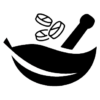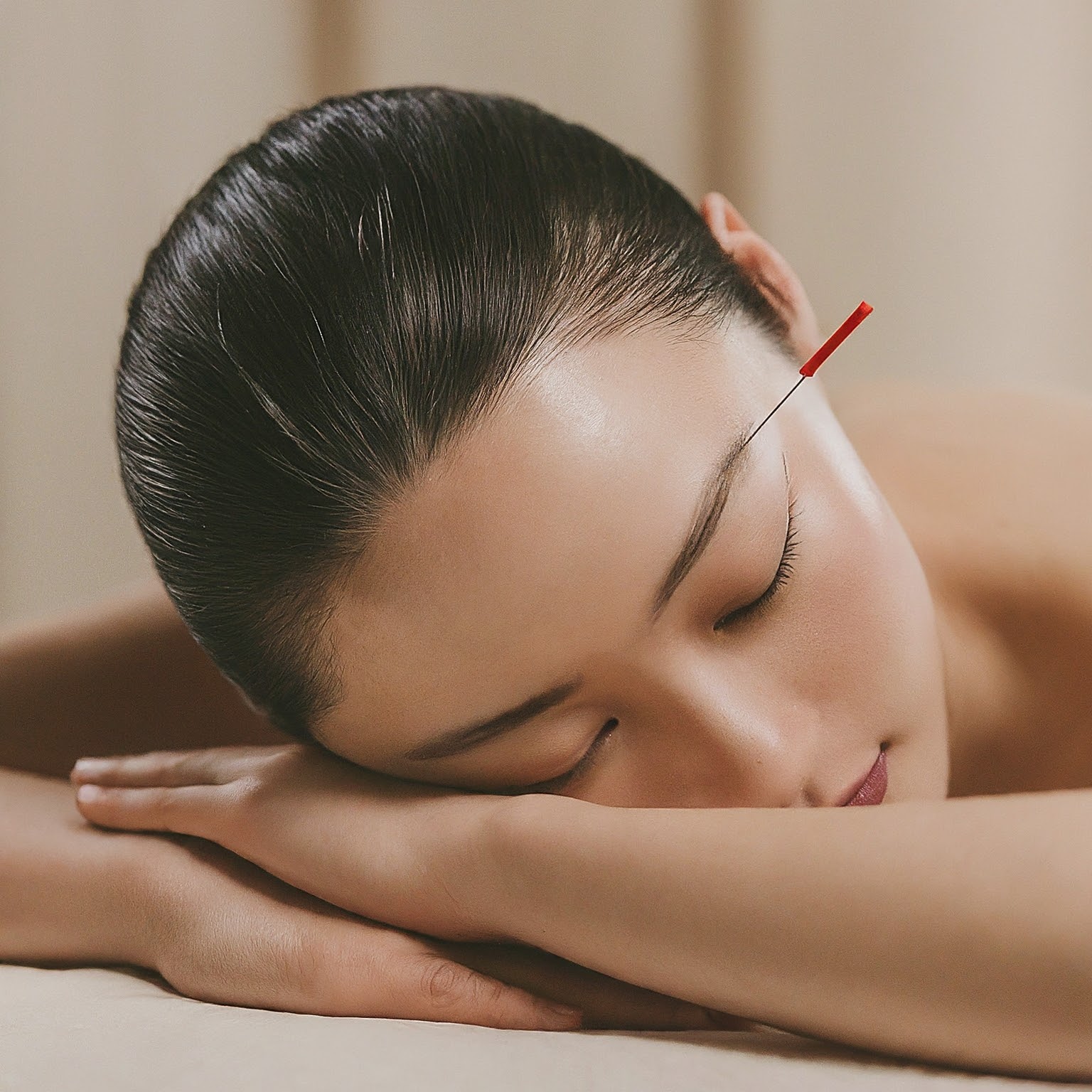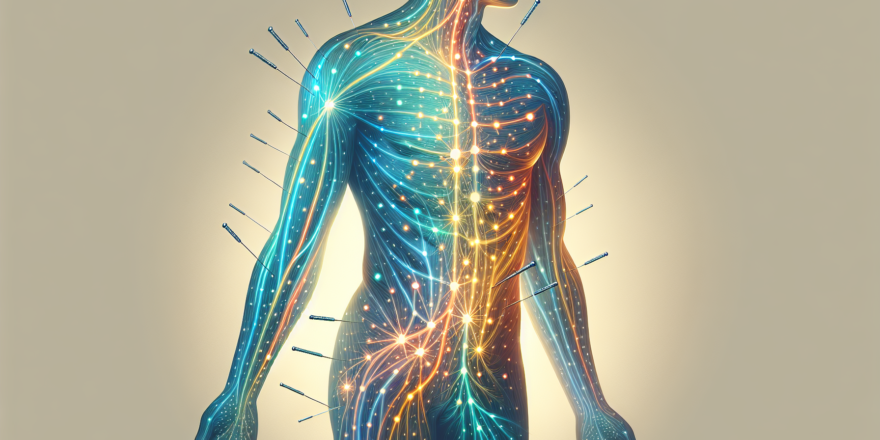Unlocking the Healing Potential of Acupuncture in Conjunction with Western Medicine
When it comes to our health, the fusion of Eastern and Western approaches opens doors to a holistic medical solution. “Acupuncture first” is not just a catchphrase; it’s a paradigm shift that challenges the traditional norms of immediate aggressive interventions in Western medicine.
The Essence of “Acupuncture First”
In the realm of Western medicine, our go-to move for a health issue often involves potent medications or intensive procedures. But what if there’s a gentler, more nuanced approach that could be just as effective, if not more so? This is where “acupuncture first” steps into the spotlight.
Navigating Skepticism: Beyond Double-Blind Trials
Skeptics may raise an eyebrow, citing the outcomes of randomized double-blind controlled trials that seemingly downplay the efficacy of acupuncture. However, a closer look reveals a rich tapestry of research showcasing not just the non-inferiority but sometimes the superiority of acupuncture over pharmacologic therapies.
Understanding the Individualized Approach of Acupuncture
Critics often miss the mark by neglecting the essence of Chinese medicine—an approach that tailors treatment to the unique disposition of each individual. Whether it’s gastroesophageal reflux or rheumatoid arthritis, a practitioner delves into a patient’s history, integrating various aspects to formulate the most effective strategy. This often involves a blend of acupuncture and herbs to restore balance to the body.
Insights from Physician-Acupuncturists
Physician-acupuncturists like Leslie Smith, MD, shed light on the challenges acupuncture faces in the realm of research. The gold standard, the randomized controlled trial, may not perfectly capture the essence of acupuncture’s individualized approach. Smith emphasizes that acupuncture doesn’t assume a universal cause for conditions like high blood pressure. Each person requires a tailored approach, making it challenging to conduct trials with a one-size-fits-all mindset.
Beyond Belief: Acupuncture as Science
Dispelling the notion that acupuncture is a matter of belief, Leslie Smith underlines its scientific foundation. Acupuncture isn’t a leap of faith; it’s a meticulous science. The efficacy of acupuncture is not contingent on belief but is rooted in evidence-based medicine, comparing favorably to placebos and often surpassing pharmaceuticals and surgery in certain cases.
Conclusion: Pioneering a New Medical Frontier
“Acupuncture first” isn’t a rejection of Western medicine; it’s an invitation to explore a synergistic approach. By embracing the wisdom of both East and West, we may uncover a more comprehensive path to healing.
FAQs: Demystifying Acupuncture
1. Is acupuncture a standalone treatment or a complement to Western medicine?
Acupuncture can be both. It excels as a standalone treatment and complements Western medicine seamlessly.
2. Are there conditions where acupuncture has proven to be exceptionally effective?
Yes, conditions like chronic pain, migraines, and certain inflammatory disorders have shown remarkable responses to acupuncture.
3. How does acupuncture’s individualized approach differ from standardized medical treatments?
Unlike standardized treatments, acupuncture tailors interventions based on a person’s unique health profile, leading to more personalized and effective outcomes.
4. Can acupuncture be integrated into existing medical regimens?
Absolutely. Many healthcare providers advocate for the integration of acupuncture into conventional medical plans for enhanced results.
5. Is there scientific evidence supporting the efficacy of acupuncture?
Yes, numerous studies highlight the effectiveness of acupuncture in comparison to placebos, pharmaceuticals, and even surgical interventions.




